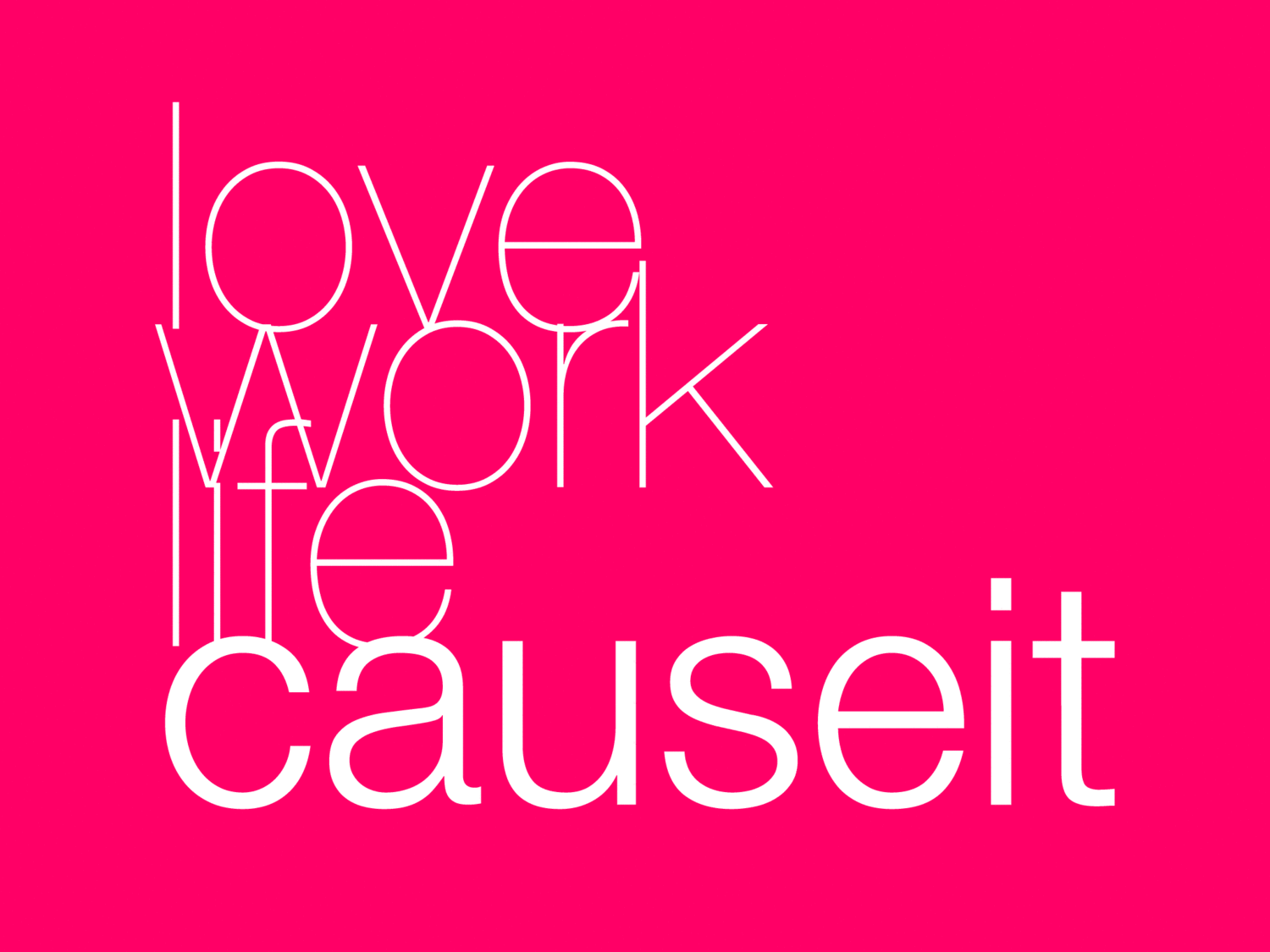Emotional intelligence is a real, and really important, factor at play in any business which employs and serves human beings. Leaders are learning how to leverage the impact that emotional intelligence—sometimes called “soft skills”—has in business, from individual careers to organizational culture. Articles on the subject are no longer relegated to fringe publications or social sciences, in fact mainstream business journals like Forbes, Harvard Business Review, and FastCompany have been talking about it for several years. The thriving conscious capitalism movement, the emergence of B Corps , and sold-out conferences like Wisdom 2.0 are all further evidence that more and more professionals and companies are taking the human element of business very seriously. This means that not only is the industrial age model of treating people like machines an outdated one, but companies who aren’t engaged with their employees and customers on a human level are at a competitive disadvantage in an increasingly networked world.
Teams of Lone Wolves
I first started conceiving of misfits and misfit teams when I began to reflect on my own employment process. As an unusual, "over"-sensitive and intelligent kid with no siblings, I often balked at oversimplified directions, experienced a bruised ego when receiving criticism, and struggled with how to participate in team or group environments. By the time I entered the workforce, I had developed a complex web of insecurities and related defenses designed to protect against the embarrassment of making public mistakes, compensating with my intelligence. It was in my first management position, which happened at about the same time I was engaging in lot of personal development work, that I really saw the impact.
The Introversion-Extroversion Spectrum
Introvert seems to be a nasty word these days. It's worth unpacking why, though, according to Susan Cain, author of Quiet: The Power of Introverts in a World That Can’t Stop Talking. In the book, she point to an overemphasis on the extrovert rooted in the shift from a 'culture of character' to a 'cult of personality,' stemming from the need to find new ways to quickly and repeatedly introduce one's self—to sell one's self—in the newly-urbanized United States in the early part of the 20th century.
Doctrine: Downloading Wisdom for Agility and Effective Improvisation
Doctrine sits in between strategy and plans. It is more specific than the strategy, but also more versatile than plans, or rules. Think of it as heuristics, or guidelines: the purpose of doctrine is to enable an individual to know what to do in a situation that's consistent with the strategy and achieves the objectives of a plan, but with flexibility, with autonomy, for the individual, in the circumstance. And the creation of effective business doctrine, I believe is going to be critical for the transition of business in the next century.




